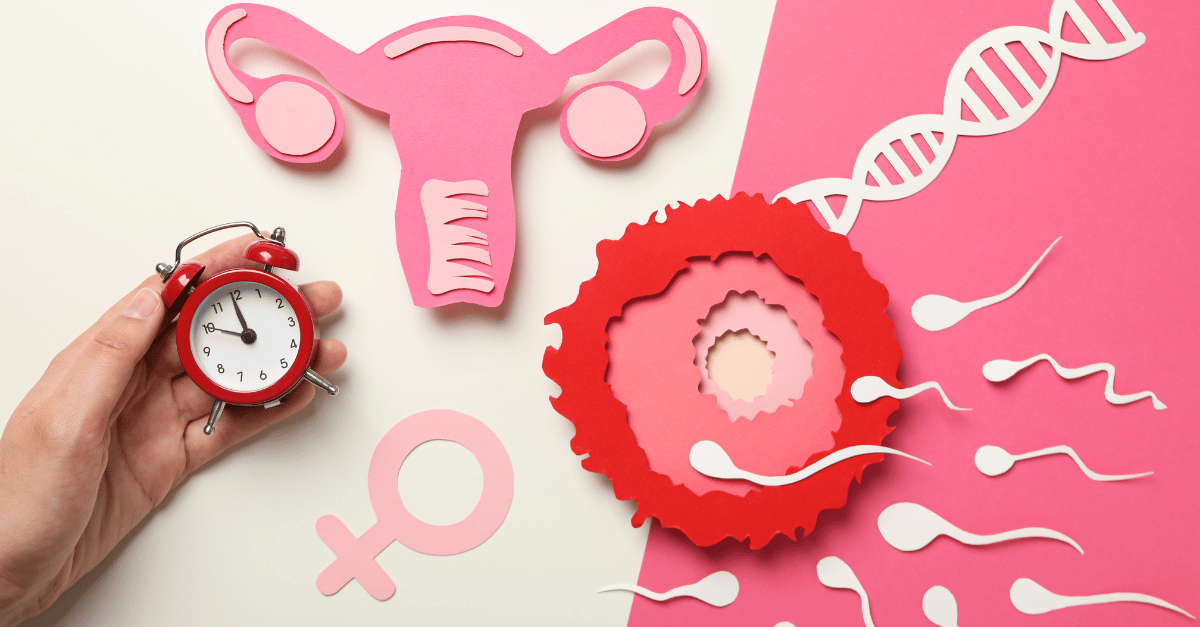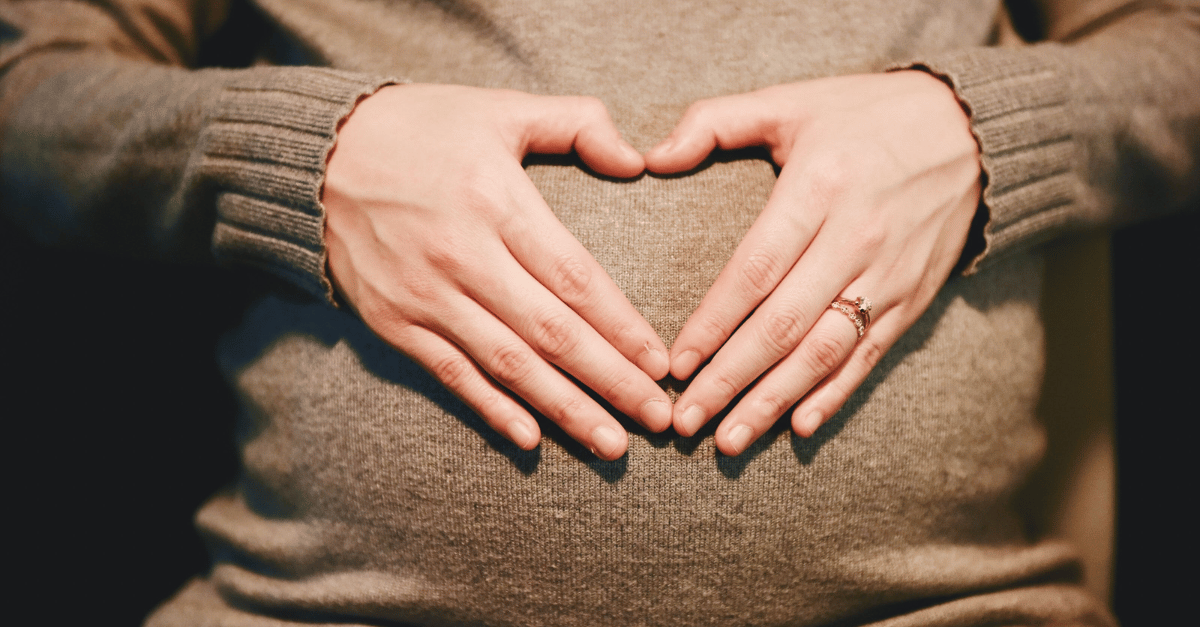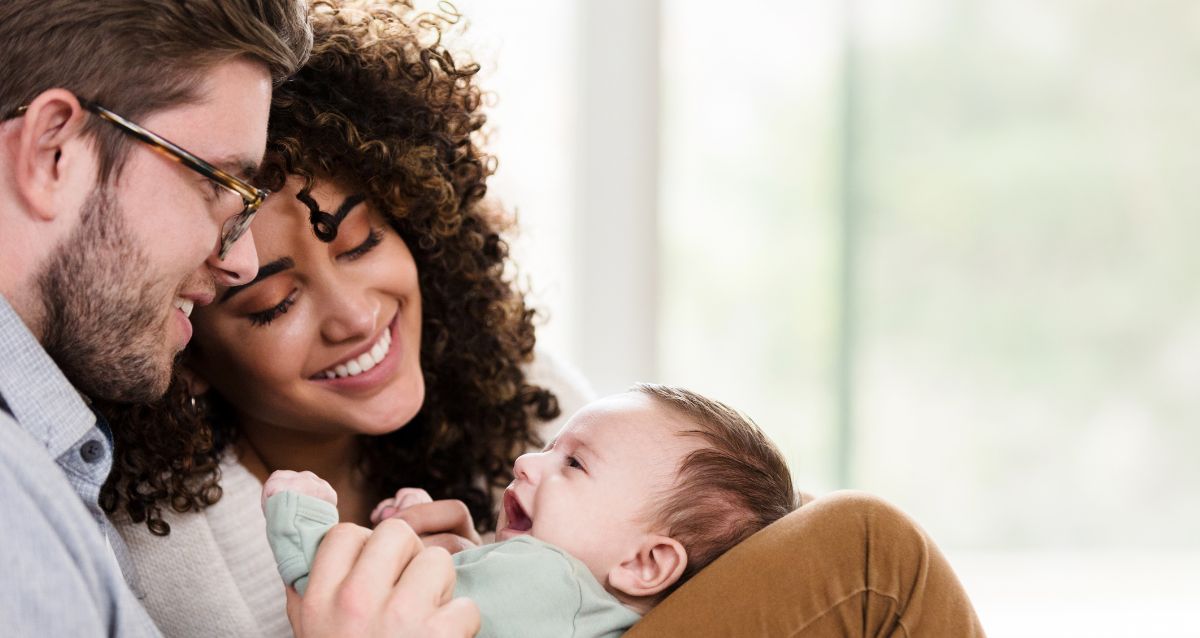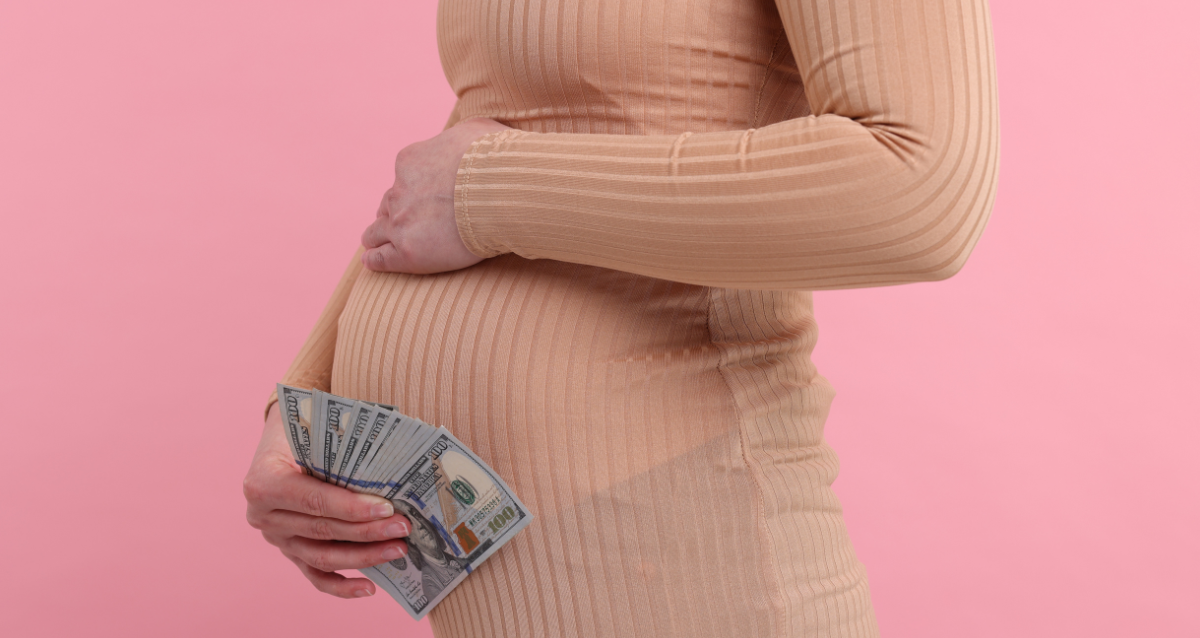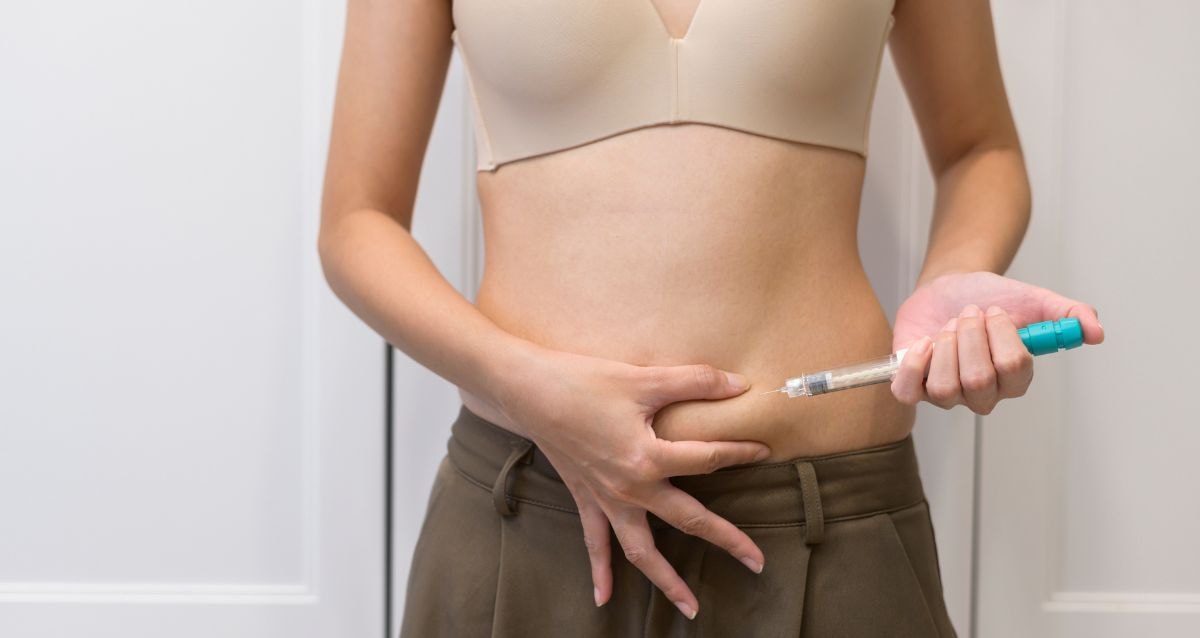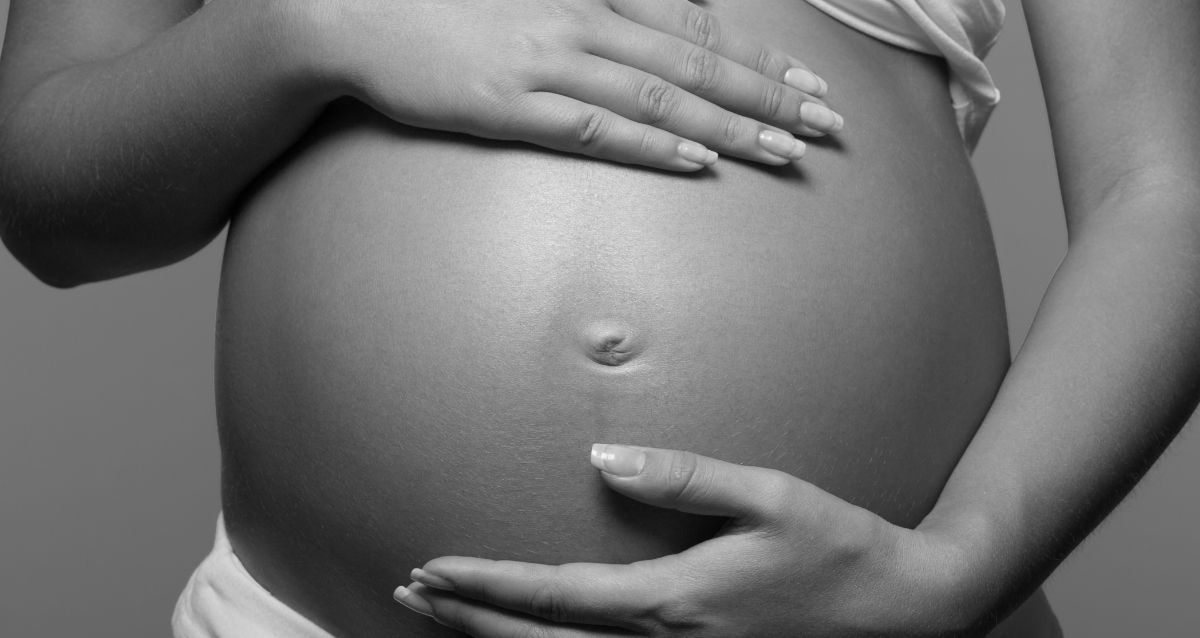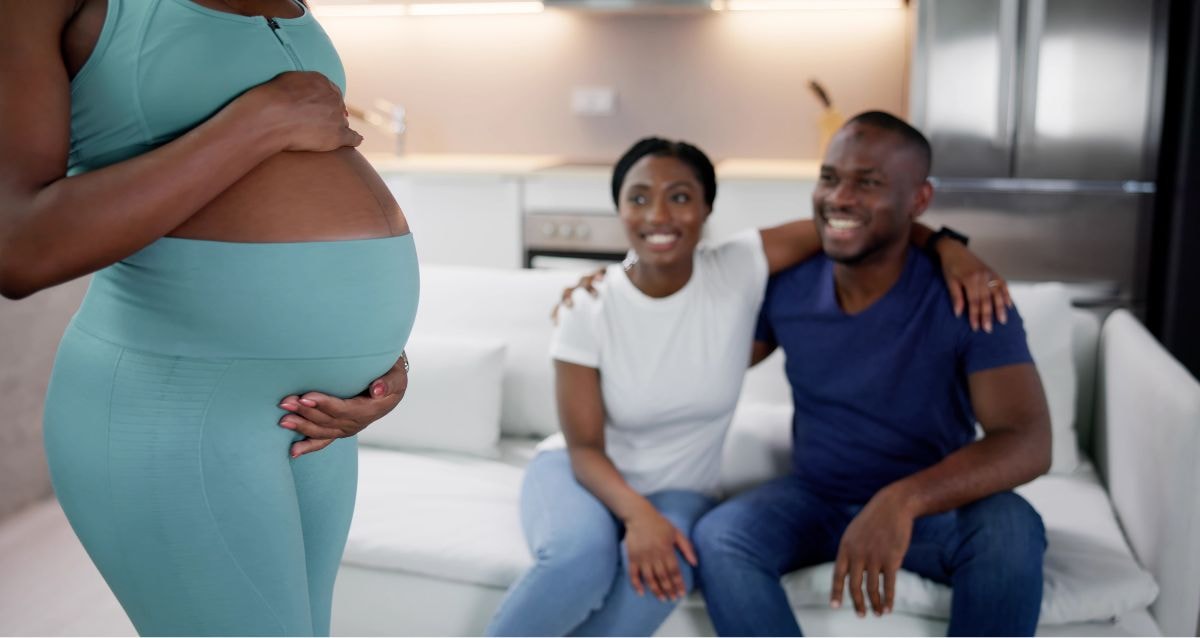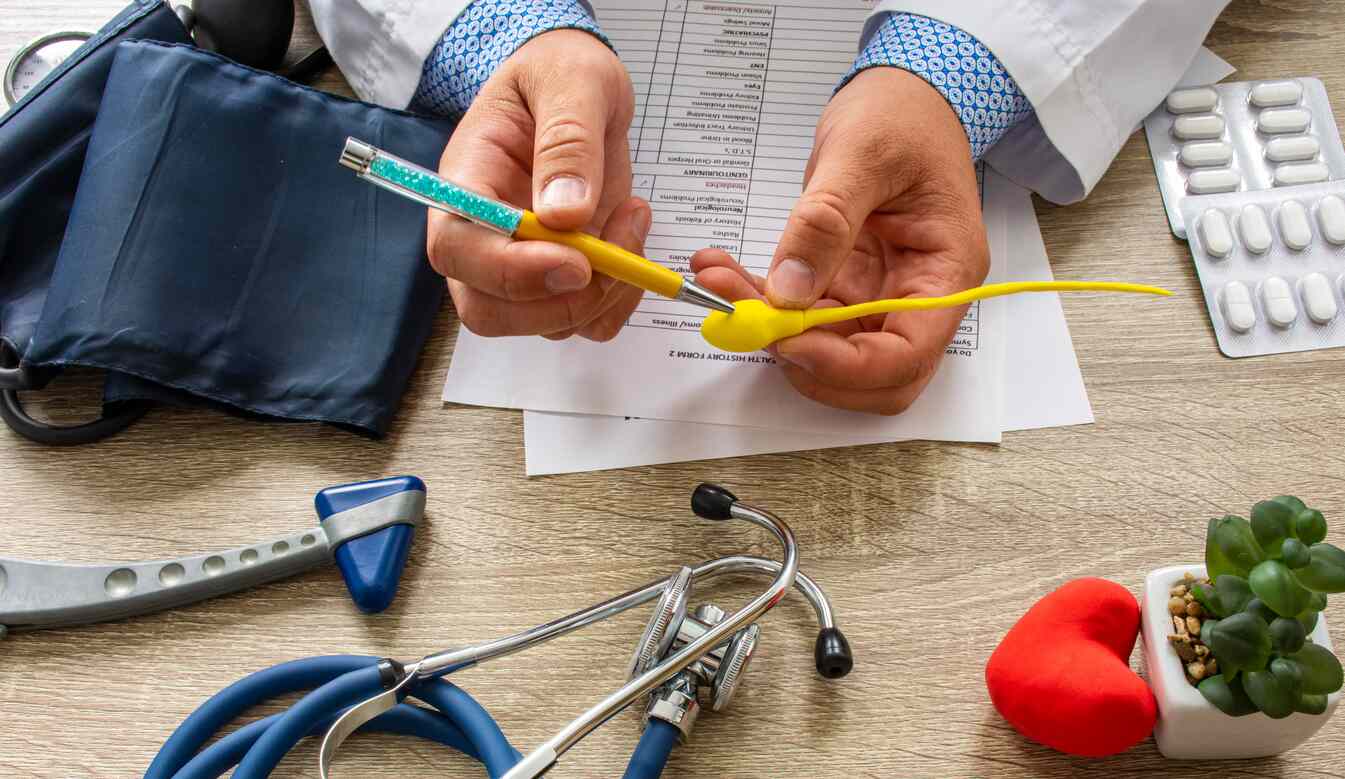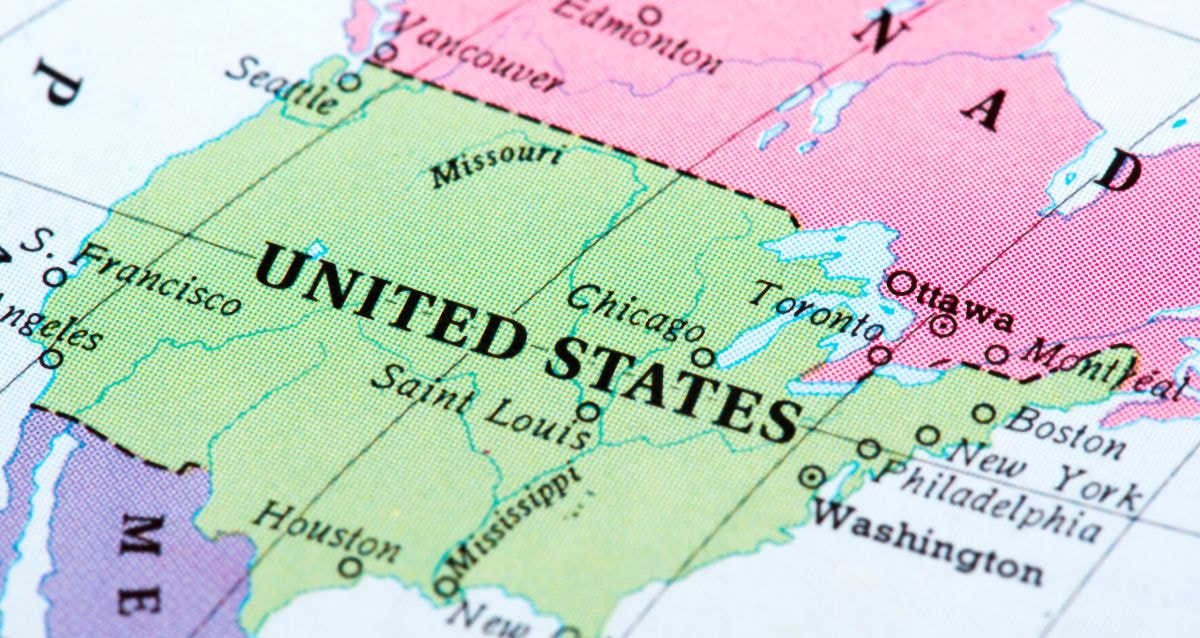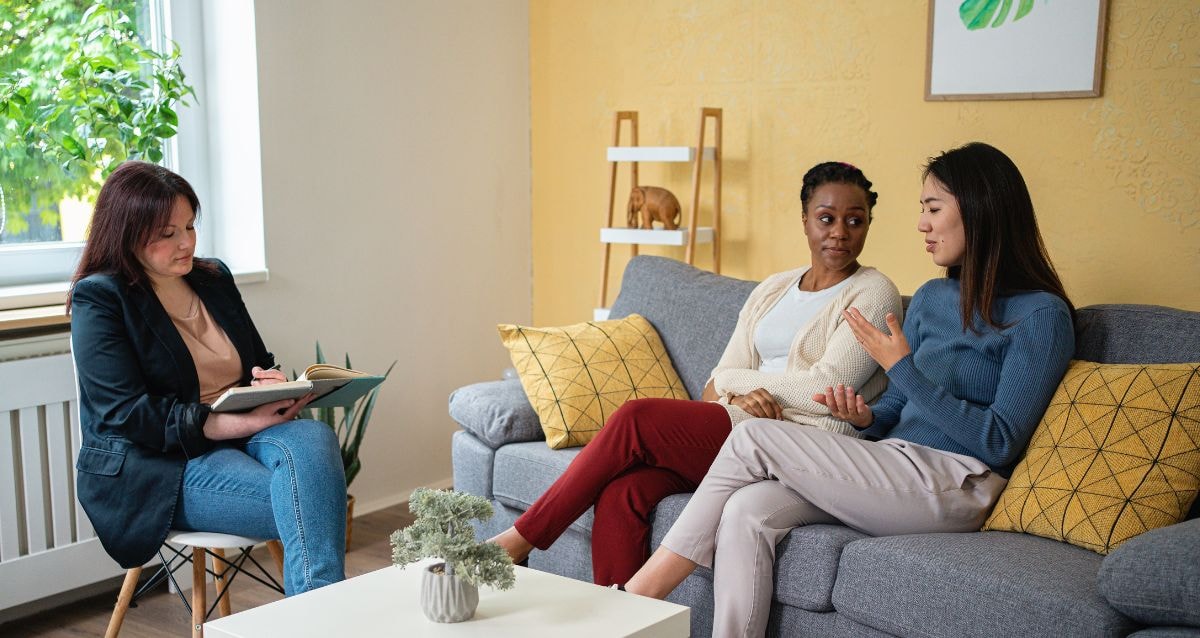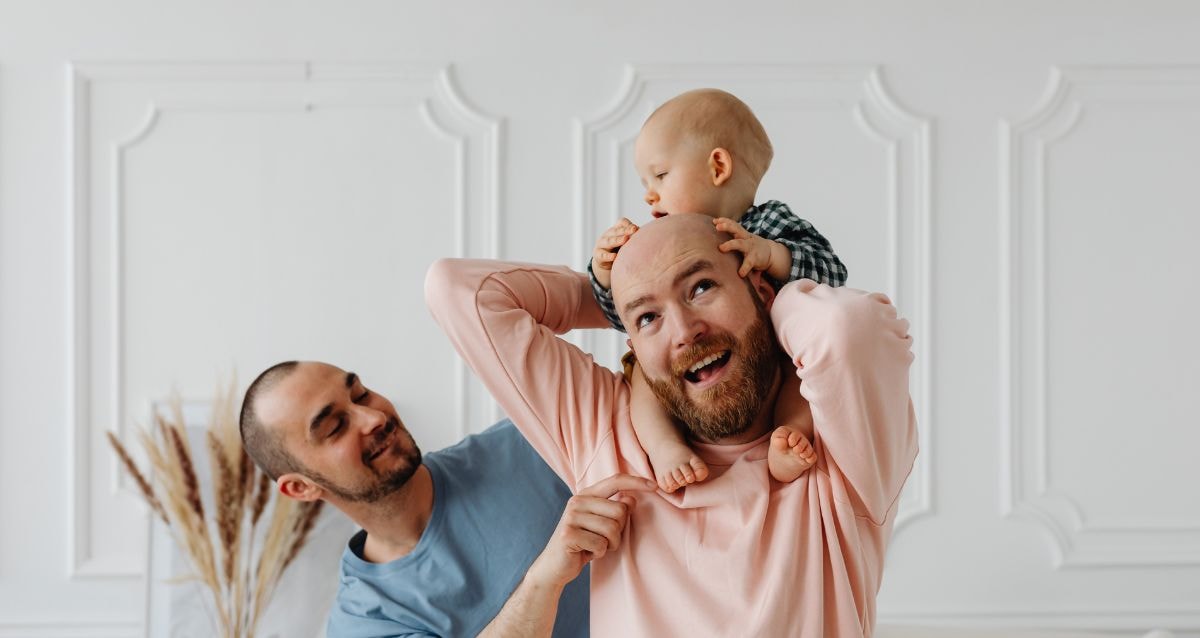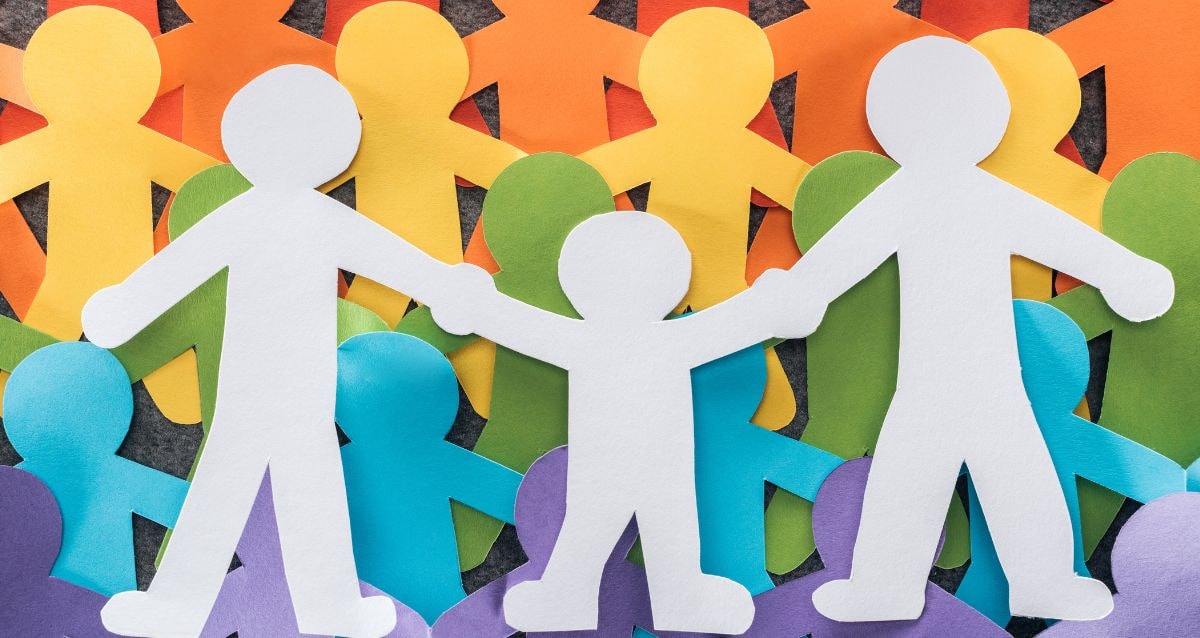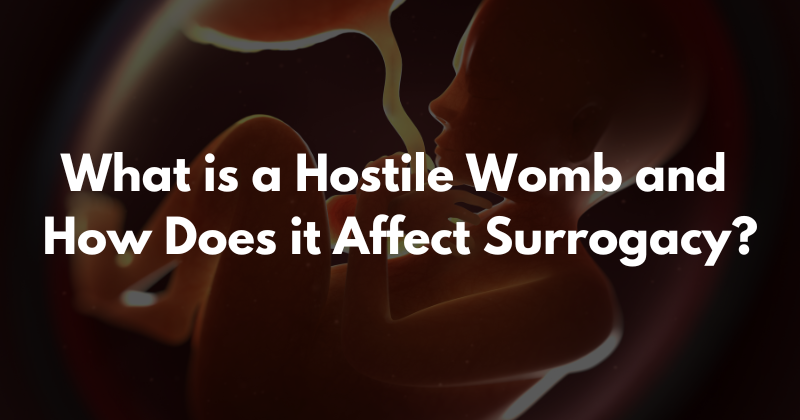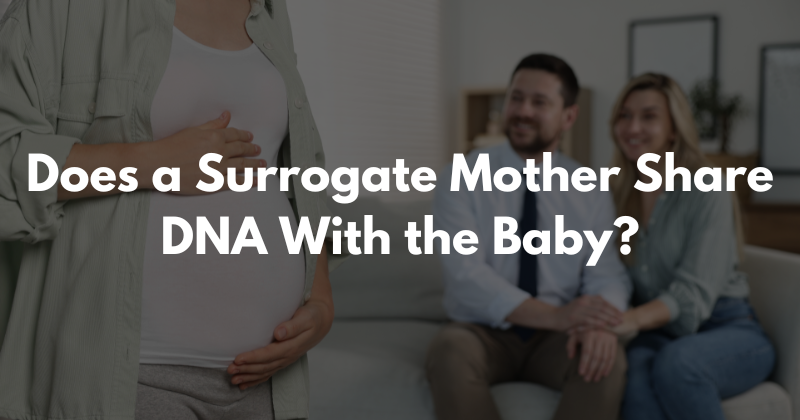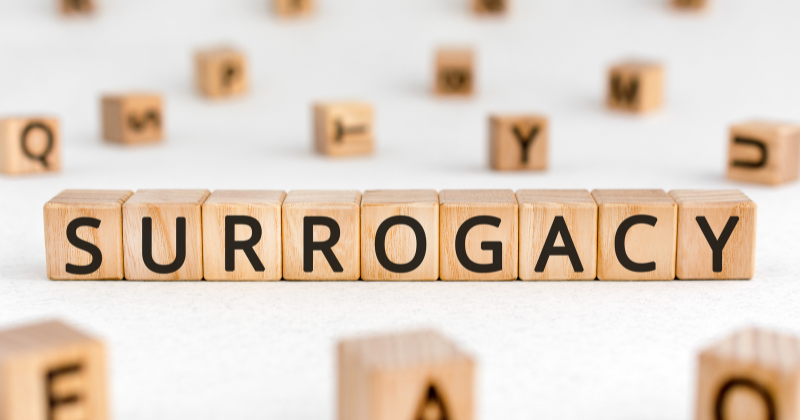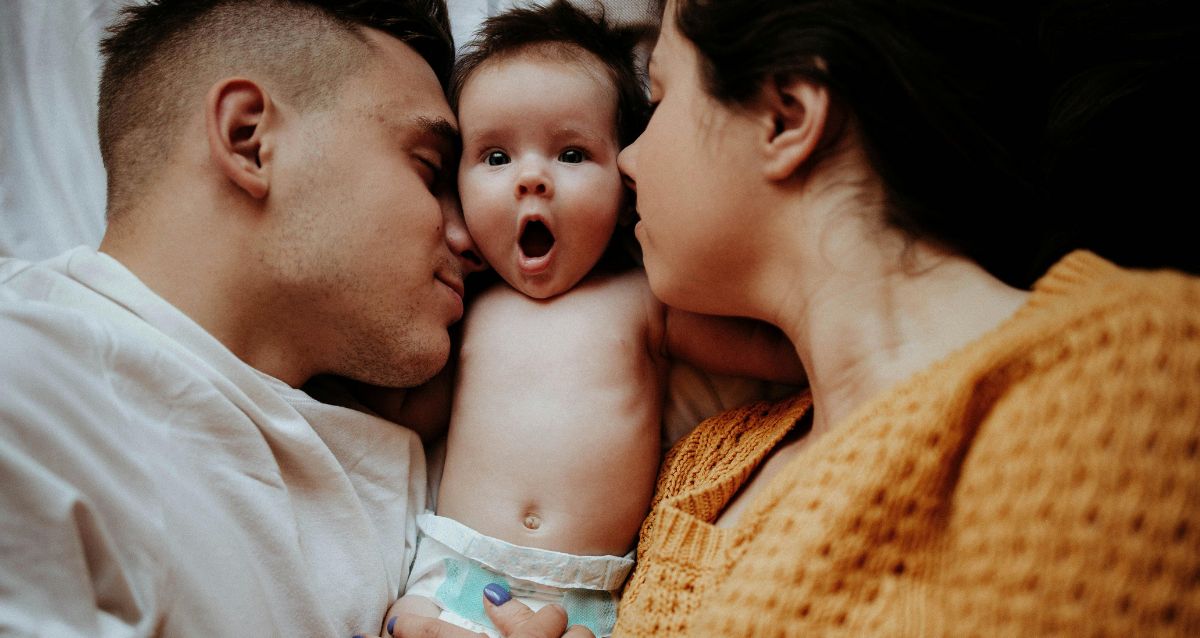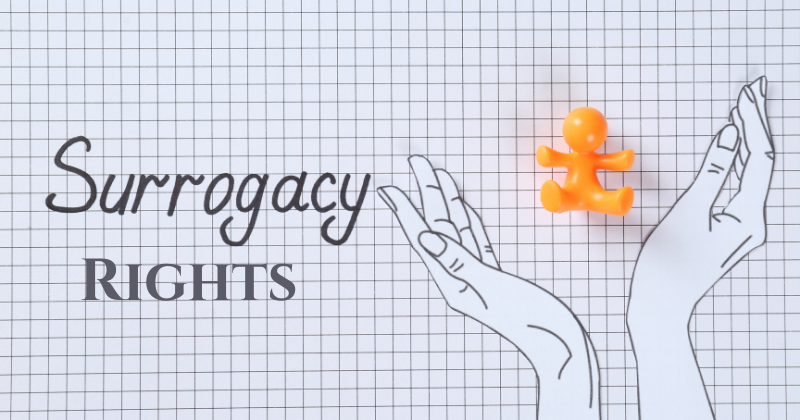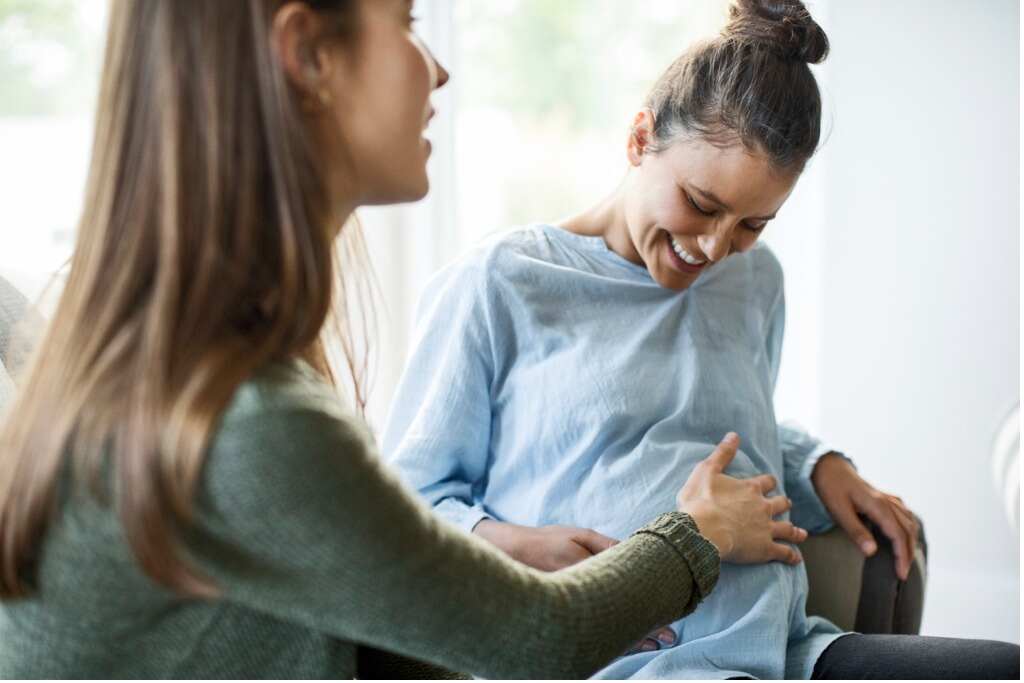
As women navigate the complexities of menopause, a common question arises: Can menopausal women still donate eggs?
Here is your answer: No, menopausal women cannot donate eggs.
Curious to learn why? Let’s start with understanding menopause.
Menopause is a natural biological process marking the end of a woman’s reproductive years.
This process occurs when the ovaries stop releasing eggs and hormone production decreases, bringing an end to the menstrual cycle (1).
When a girl is born, she has about a million egg cells, which reduce to 400,000 by puberty. From that point until menopause (usually between ages 45-55), one mature egg is released each menstrual cycle, thanks to hormones in the follicles (2).
However, with menopause, the body stops producing the hormones that support egg production, and the remaining eggs are either destroyed through a process called “atresia” or become non-viable (3).

Even if postmenopausal women still have some eggs left, those eggs are not viable for donation.
Ultimately, for women who have undergone menopause, egg donation is no longer an option. Becoming an egg donor requires mature eggs, reliable hormone levels, and a normal cycle, which are no longer possible after menopause.
Menopause vs. perimenopause
Menopause is a phase of life that often gets misunderstood; it’s not quite as straightforward as one may think. And at this point in time you may be asking yourself, what in the world is perimenopause?
Perimenopause:
Well, perimenopause is a transitional phase often called the “change of life” (4).
It is during this time that your ovaries begin producing less estrogen and progesterone, and your Luteinizing Hormone(LH) and Follicle-Stimulating Hormone (FSH) levels rise as your ovaries become less responsive to them. As a result, you may experience symptoms like hot flashes and night sweats, along with irregular periods. Some months, your ovaries may release an egg, and other months, they may not.
Even though fertility is declining during perimenopause, it is still possible to conceive.
If you’re not looking to become pregnant, birth control is necessary until menopause is officially reached. This phase can last for several years, with menopause being confirmed only after a full year without a period, typically between ages 40 and 55 (5).
Menopause:
After menopause, your ovaries stop producing eggs, and you can no longer conceive naturally (6).
It’s essential to recognize this phase of life. While your eggs are no longer viable to donate, pregnancy is still possible!
Postmenopause:
Once you reach postmenopause, your hormone levels permanently shift, making ovulation and pregnancy no longer possible. At this stage, birth control is no longer needed.
Pregnancy After Menopause
There are options for pregnancy after menopuase such as egg donation and in vitro fertilization (IVF).

The egg donation process includes screening and donation, followed by egg retrieval, which is a minor surgical procedure.
It’s true, fertility clinics do prefer younger donors, typically under 35, because their egg retrieval process yields healthy eggs with a better chance of resulting in a successful pregnancy.

So good news, women over 40 can still explore various fertility treatments and options for family-building, including IVF with donated eggs. And while egg donation may no longer be possible at this stage of life, the journey toward parenthood doesn’t have to end!
By embracing the power of reproductive medicine and innovative treatment options, there’s always a path forward—whether it’s through egg donation, IVF, or other forms of fertility care.
Frequently Asked Questions
Can menopausal women donate eggs?
No, menopausal women cannot donate eggs. During menopause, a woman’s ovaries no longer release mature eggs, making egg donation impossible. The egg production process halts as hormone levels decline, and the ability to ovulate ceases.
What happens to egg production after menopause?
Once a woman reaches menopause, her ovaries stop releasing eggs, and the body no longer produces hormones that stimulate egg growth. As a result, harvesting eggs after menopause is not possible due to the absence of mature eggs suitable for donation.
Why are younger women preferred as egg donors?
Fertility clinics prefer egg donors under the age of 35, as younger women typically produce healthier eggs. Younger donors have a higher chance of producing healthy eggs through the egg retrieval procedure, which increases the chances of a successful pregnancy for the recipient.
Can older women donate eggs through fertility treatments like IVF?
Older women, including those approaching menopause, may use donor eggs for their own fertility treatment such as in vitro fertilization (IVF). However, older women are not suitable candidates for becoming egg donors themselves due to diminished egg production and the impact of age on genetic material quality.
Wendy Arker entered the field of infertility with a huge heart and passion to guild others on their quest to grow their own family after her personal journey with infertility and turning to egg donation and sperm donation to create her own family. Being a single-mother-by-choice, Wendy understands firsthand the unique way families are built. Whether you’re a married couple, single, or LBGTQ, Creative Love is committed to assisting you.


